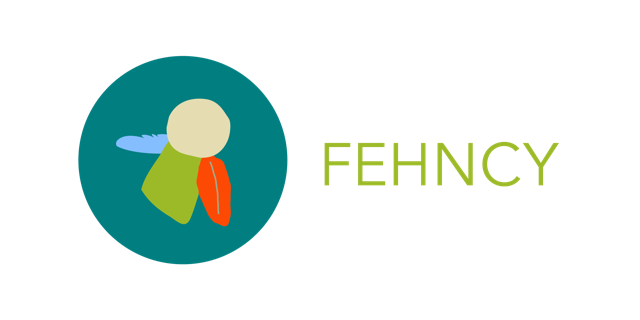The community will benefit from participating in the study by receiving data that can help support advocating for community programming. This includes:
- Collection of baseline health data for children and youth
- Estimate of traditional food intake
- Measurement of exposure to mercury, metals and pesticides
- Capacity building and employment opportunities
- Promotion of health and wellbeing
At the household and individual level, even if your household did not participate, community results should help better understand the situation in your community overall. Each First Nation will receive a report with community-specific results, and a copy of their community’s data. The FEHNCY team will return to share results, and a workshop on how to use your data will be held in your community.
FEHNCY promotes the improvement of health and wellbeing for all First Nations families, not only those who have been randomly selected to participate. These results will be used to advocate for additional policy and programming to address the needs identified in the survey, so your household and community can benefit even if you are not selected to participate. Findings can be used in the future to see if things have changed over time, or to determine how First Nations on reserve compare to those in other regions and to the broader Canadian population.
If your community is interested in participating in FEHNCY, there could be an opportunity in the coming years; please contact fehncy@uottawa.ca.
